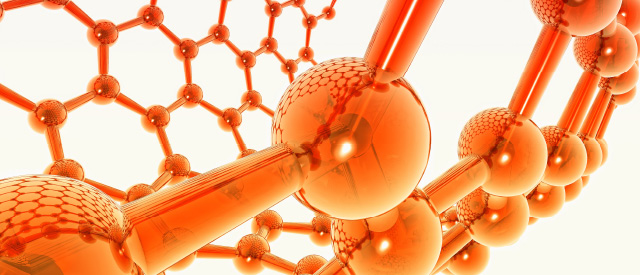현재 위치:홈 > 뉴스현황 > Press Events > Targeting CD44s Mole...
저자: 업로드:2017-07-21 조회수:
Scientists at the Baylor College of Medicine have discovered that the molecule CD44s seems to give cancer cells a survival advantage. In the lab, eliminating this advantage by reducing the amount of CD44s resulted in cancer cells being more sensitive to the deadly effects of the drug erlotinib.
The team’s study (“Internalized CD44s Splice Isoform Attenuates EGFR Degradation by Targeting Rab7A”) is published in the Proceedings of the National Academy of Sciences.

“CD44 has been postulated as a cell surface coreceptor for augmenting receptor tyrosine kinase (RTK) signaling. However, how exactly CD44 triggers RTK-dependent signaling remained largely unclear,” write the investigators. “Here we report an unexpected mechanism by which the CD44s splice isoform is internalized into endosomes to attenuate EGFR [epidermal growth factor receptor] degradation. We identify a CD44s-interacting small GTPase [guanosine triphosphatase], Rab7A, and show that CD44s inhibits Rab7A-mediated EGFR trafficking to lysosomes and subsequent degradation.”
"Treatment with erlotinib attempts to kill cancer cells by inhibiting EGFR signaling, a cellular mechanism that is hyperactive in most cases of glioblastoma multiforme and associated with poor prognosis," said senior author Chonghui Cheng, M.D., Ph.D., associate professor of molecular and human genetics and of molecular and cellular biology at Baylor. "However, the clinical benefit of treatment with this and other EGFR inhibitors has been limited by the development of drug resistance."
Erlotinib can inhibit EGFR signaling but in time cancer cells become resistant to the treatment, in part because other molecules can compensate for the lack of EGFR activity. Increasing evidence also suggests that EGFR and related signaling mechanisms do not act alone. Another molecule present in a number of cancers, CD44s, seems to be involved in sustaining those cancer-promoting mechanisms, but how this happens remained a mystery.
"In this study, we discovered a mechanism by which CD44s helps maintain the EGFR signaling activated in glioblastoma multiforme," said Dr. Cheng, who also is a professor in the Lester and Sue Smith Breast Center at Baylor, part of the NCI-designated Dan L Duncan Comprehensive Cancer Center. "Working with a number of cancer cells grown in the lab, we determined that CD44s on the cell surface can enter the cell and prevent the digestion of EGFR, thus sustaining the activity of the signaling cascade that gives the cells a survival advantage."
Dr. Cheng and her colleagues have shown that CD44s holds a strate